We have, in point of fact, been here for years. But it was still good to be back

Musclecars @ Mr Sunday
A peak experience. Mr. Sunday did a semi-secret show to welcome folks back, Eamon and Justin played, Muscle Cars played (and played some insane Strings Of Life megamix, including the Danny Krivit / Soul Central edit, a backspin, and the the original maybe?), and everyone was, for a few hours, happy. People talk about “vibe” and the kids these days talk about “energy”, and I have been to some parties in my time with lots of both – this was something special.

Mr. Sunday Lifetime Achievment Award
I think I gave out a general-purpose award to Mr. Sunday in maybe 2016, but it is time for another one. From the above first show back to Avalon Emerson raving it up to Honey Soundsystem sleazing it out for Pride to Mike Servito in the searing heat to the countless sunsets to the Halloween r-a-g-e-r, it remains one of the best and kindest parties in New York.

MoMA Ready @ Bossa Nova
BANG! POW! ZANG! MoMA Ready does not fuck around. Bossa Nova is also the sort of club where you hit one red line on the mixer, and the sound guy comes and turns you up to three.

Ben UFO @ Nowadays
The first real big headliner, during the everything-is-open-again summer. The dancefloor was full at 1115, and the best DJ of his generation ™ just kept holding down deep drum & bass for an hour or so, beforing warping into techno/dancehall hybrids, etc etc etc. I think Ben UFO has been in this list for the last 3 years, so I am sure you know the score.

Objekt @ Nowadays
Well, judge for yourself: https://soundcloud.com/keinobjekt/sets/all-night-nowadays-nyc-23-10 (I was there from maybe 1130 to 330 or so? Enough to freak out at “You Don’t Even Know Me”, along with everyone else)
Special honors to Perc’s thunderous live set at Basement; See You In The Shadows bringing greyscale techno at H0lO; a friend-who-shall-remain nameless’ birthday concert of live electronics in Bed-Stuy (that I opened for!); Kenji Herbert at Mika, and the single most joyous cover band ever at Carroll Place, care of Alex von Reyn and his crew.





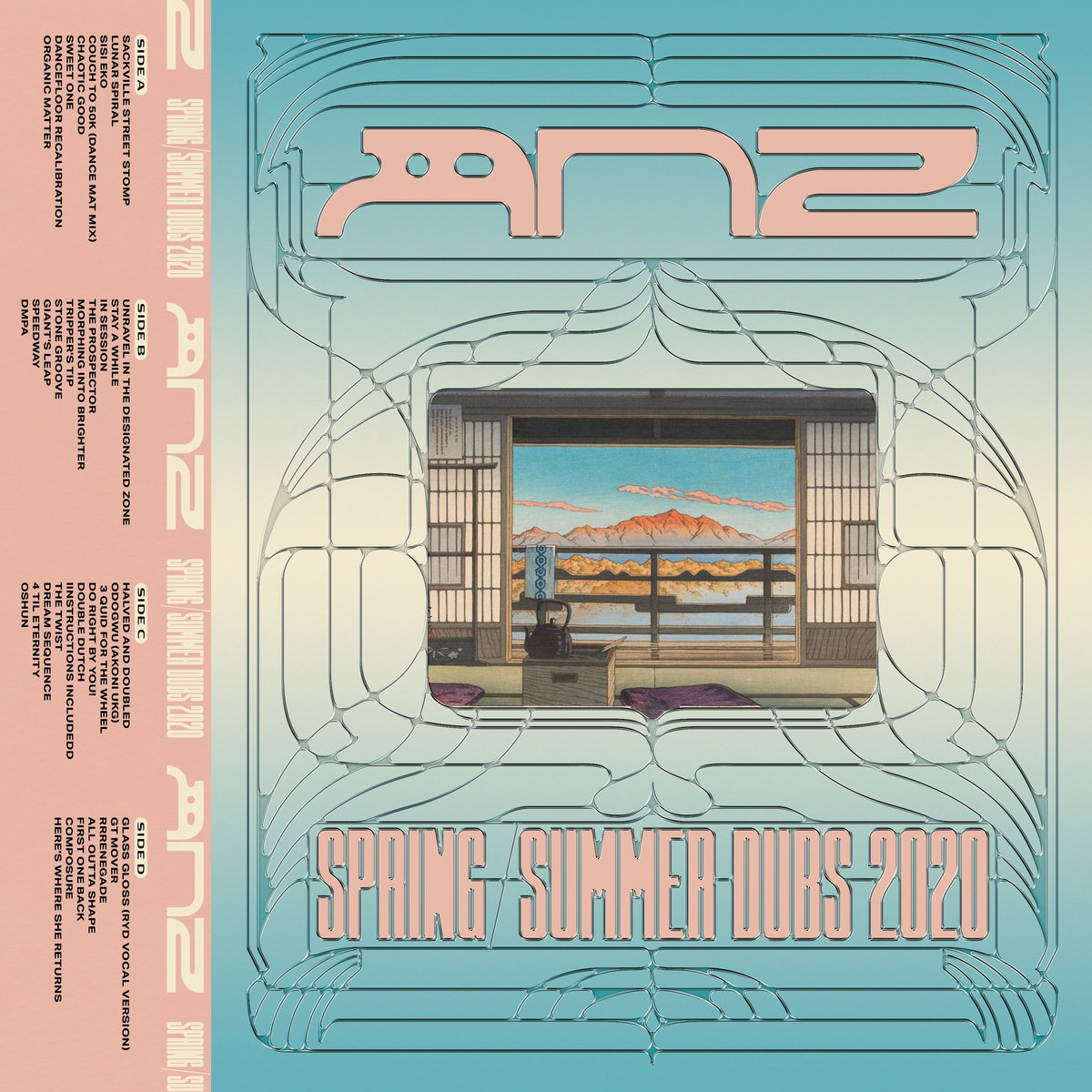


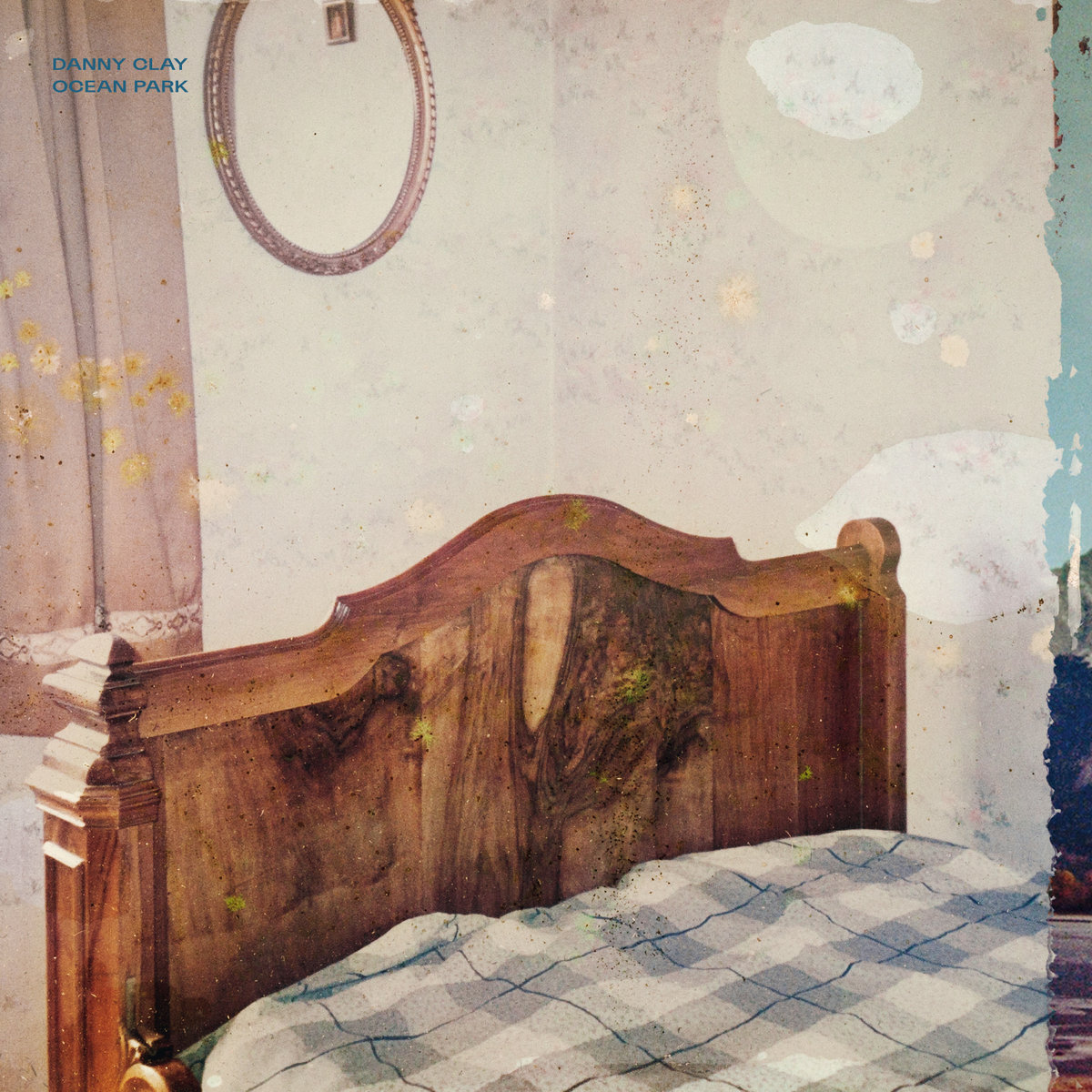
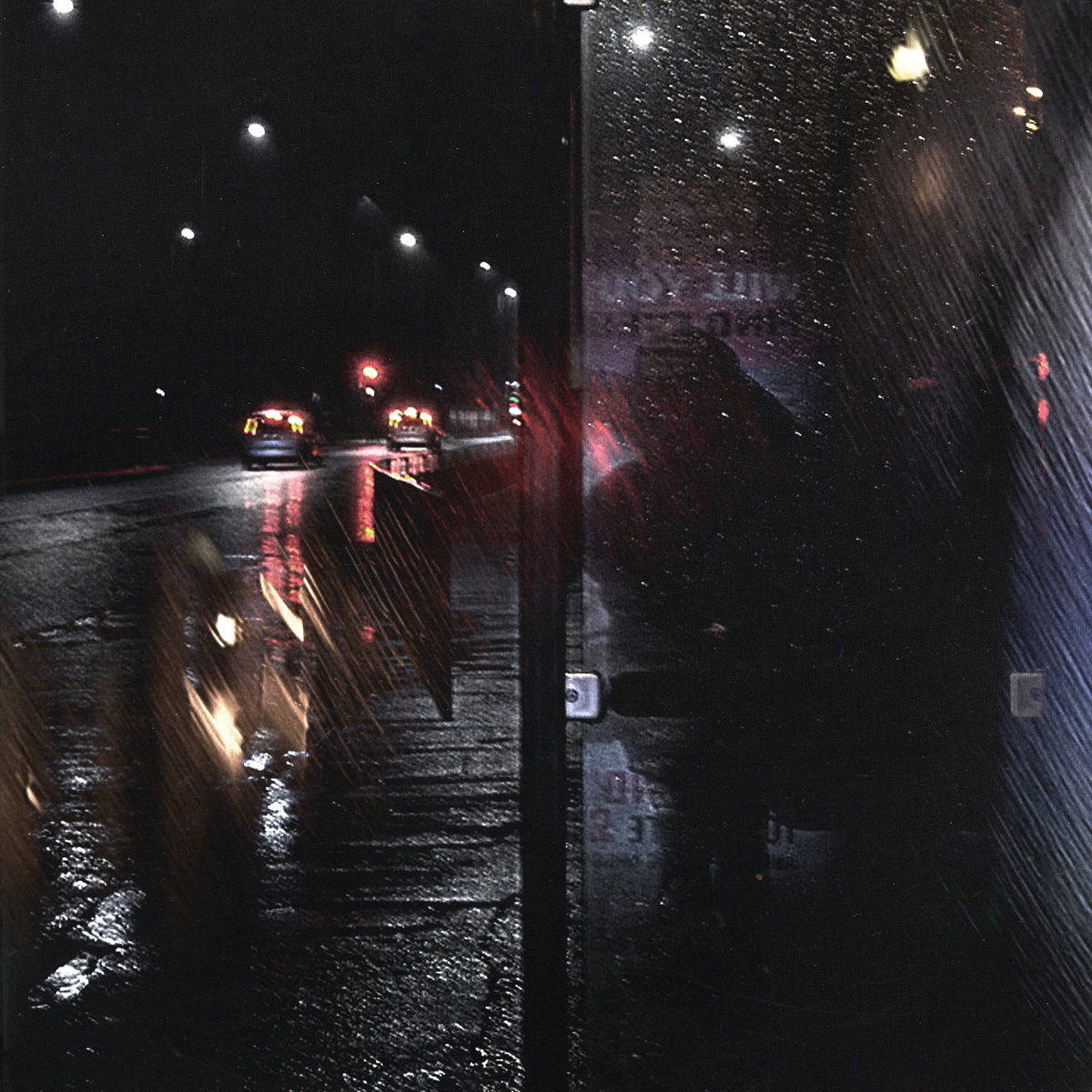
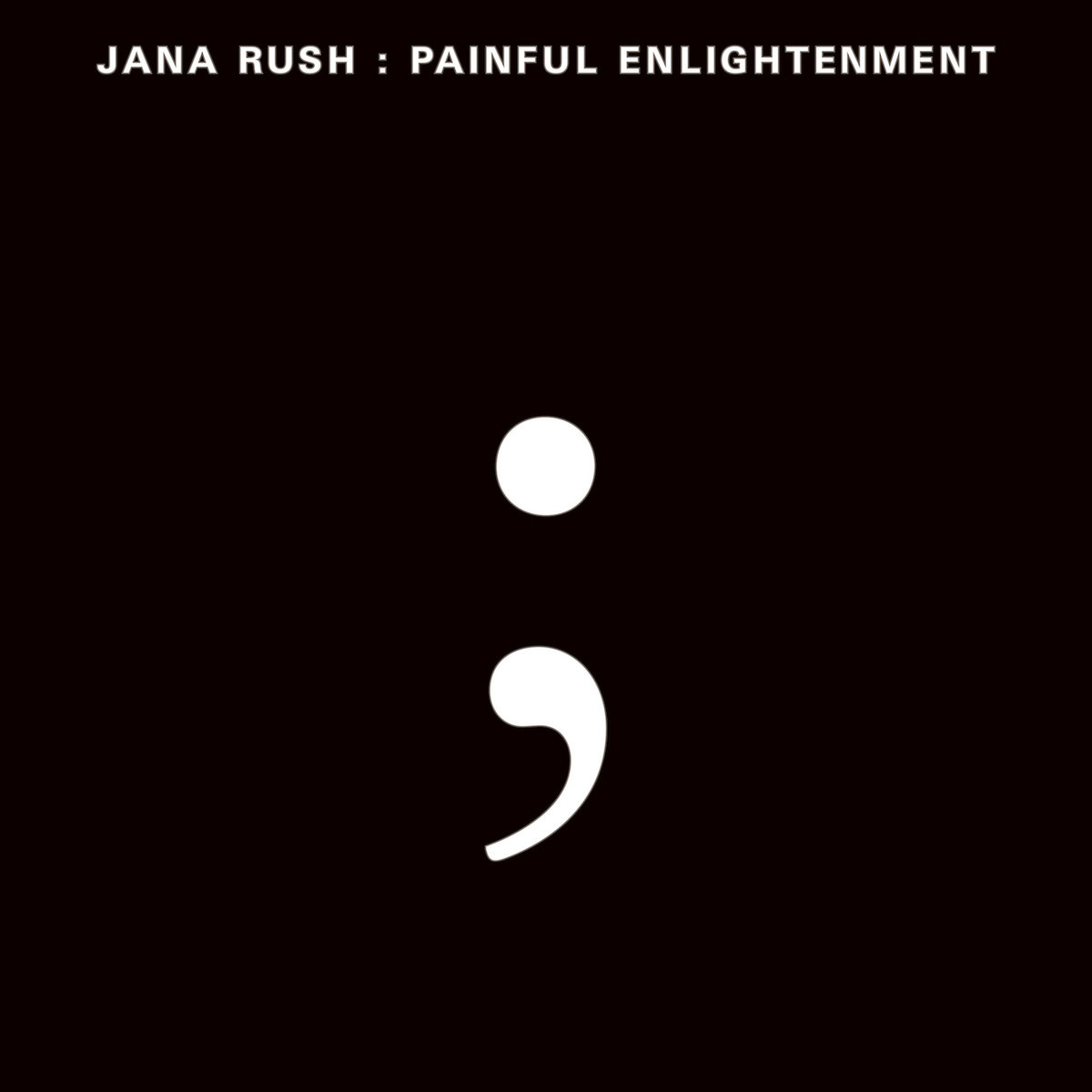
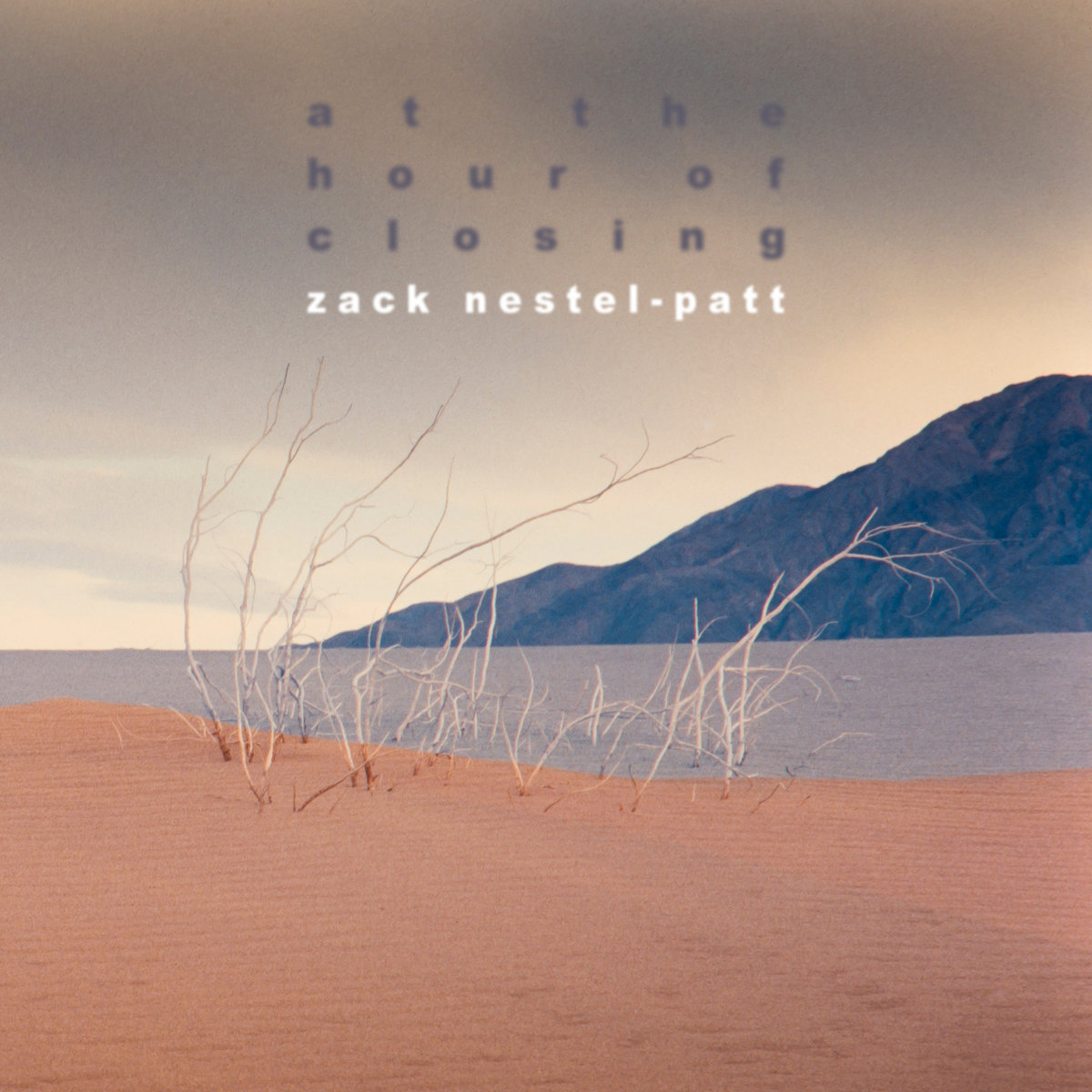




:format(jpeg):mode_rgb():quality(90)/discogs-images/R-343819-1174939615.jpeg.jpg)





































